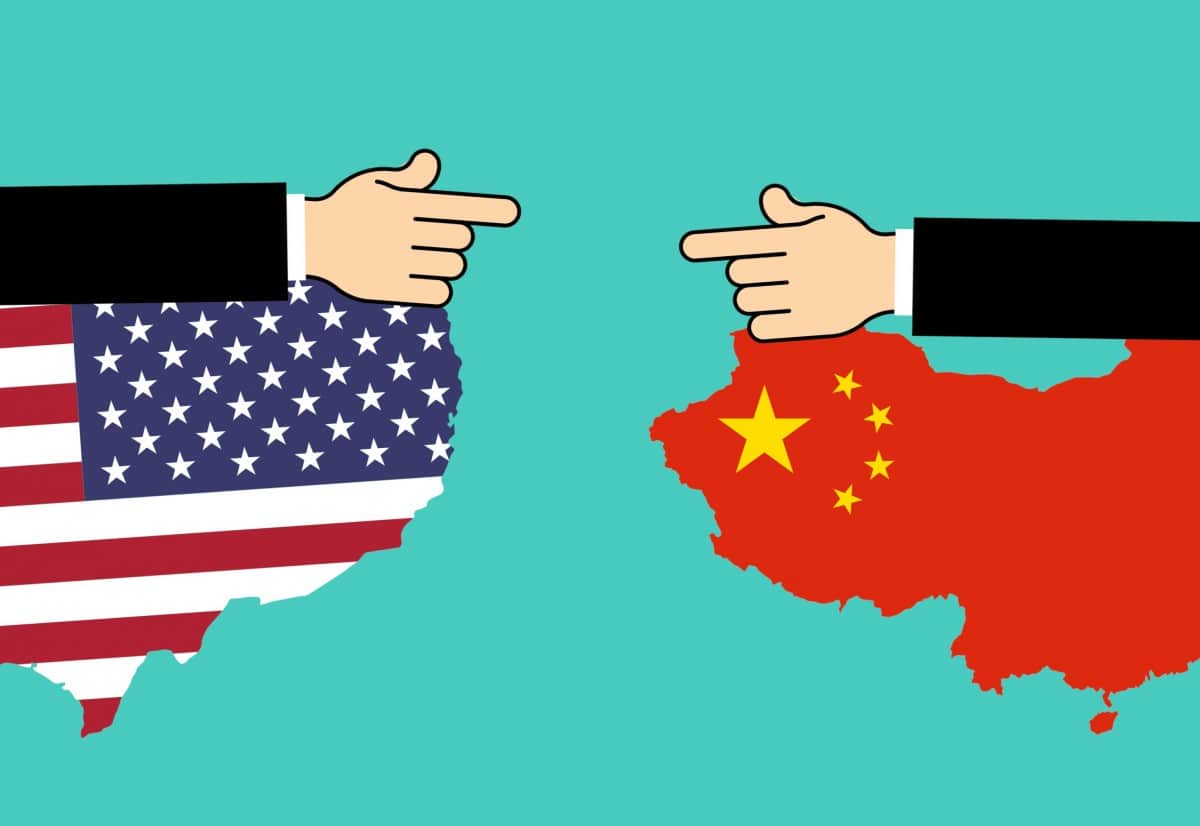A new report from one of China big state-owned banks has called for a shift towards greater use of the country’s own financial network for cross-border transactions, due to concern over the potential impact of US punitive measures.
The report from Bank of China’s investment unit BOCI said that China’s dependence upon the Belgium-based SWIFT system – the main network employed by banks for international financial transactions – made it vulnerable to punitive action on the part of an increasingly hostile US.
This punitive action could potentially assume the form of cutting off access to SWIFT, as well as a ban on certain Chinese banks from US dollar settlement.
“A good punch to the enemy will save yourself from hundreds of punches from your enemies,” said the report. “We need to get prepared in advance, mentally and practically.”
The BOCI report called for China to make greater use of its own Cross-Border Interbank Payment System (CIPS), which was established in 2015 as part of efforts to advance internationalisation of the Chinese renminbi.
CIPS is under the supervision of the Chinese central bank, and processed 135.7 billion yuan (approx. USD$19.4 billion) a day in 2019 across 96 countries and regions.
The BOCI report also mooted the possibility of suspending use of the greenback as the anchor currency for FOREX controls, as well as the launch of legislation akin to the EU’s Blocking Statute, that would allow China to maintain trade relations with countries under US sanctions such as Iran.
Fang Xinghai, vice-chair with the China Securities Regulatory Commission (CSRC), previously said that China’s dependence upon the US dollar for international payments put it in a position of vulnerability vis-a-vis potential sanction measures by the Trump administration.
For this reason he views internationalisation of the renminbi as a necessity to avoid the risks created by excessive dependence on the US dollar.
“We must make preparations in advance – real preparations, and not just psychological preparations,” said Fang.
“Yuan internationalisation is a must to offset external financial pressure.”
Related stories
China’s State-owned Banks Prepare Themselves for the Impact of US Sanctions




